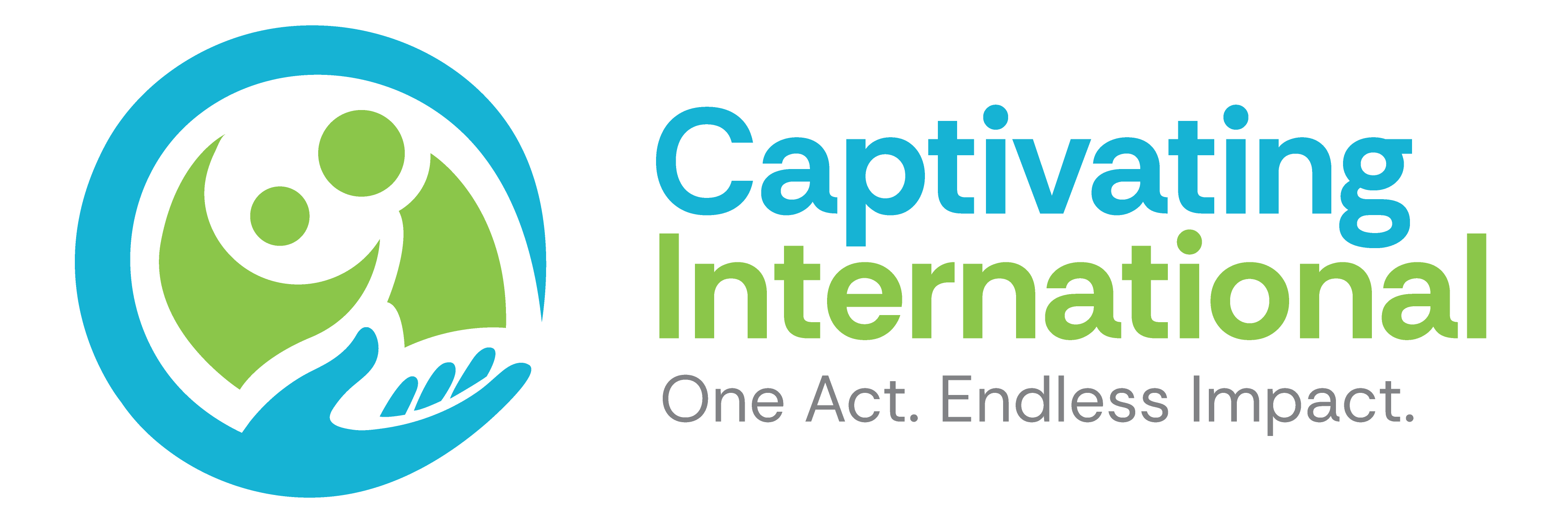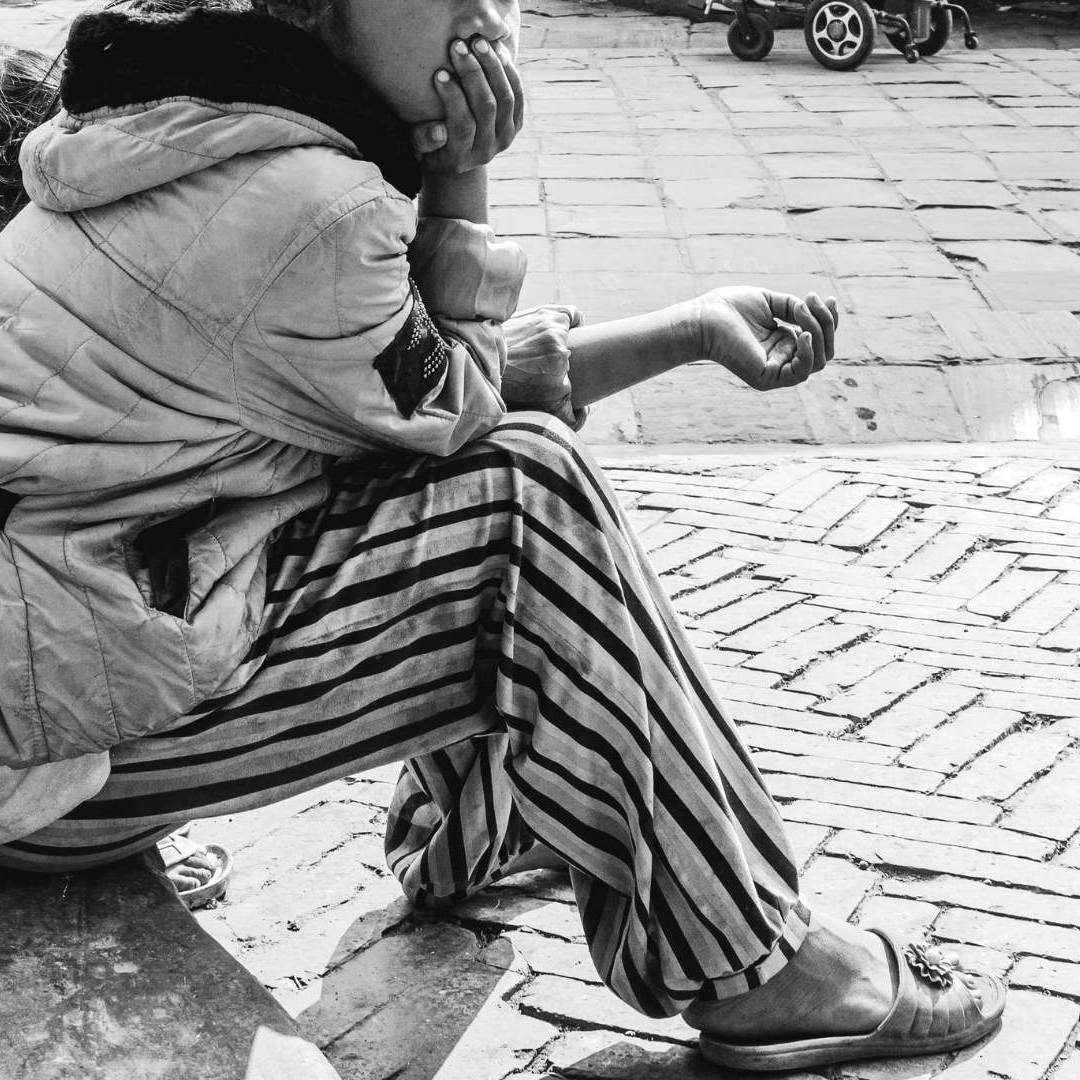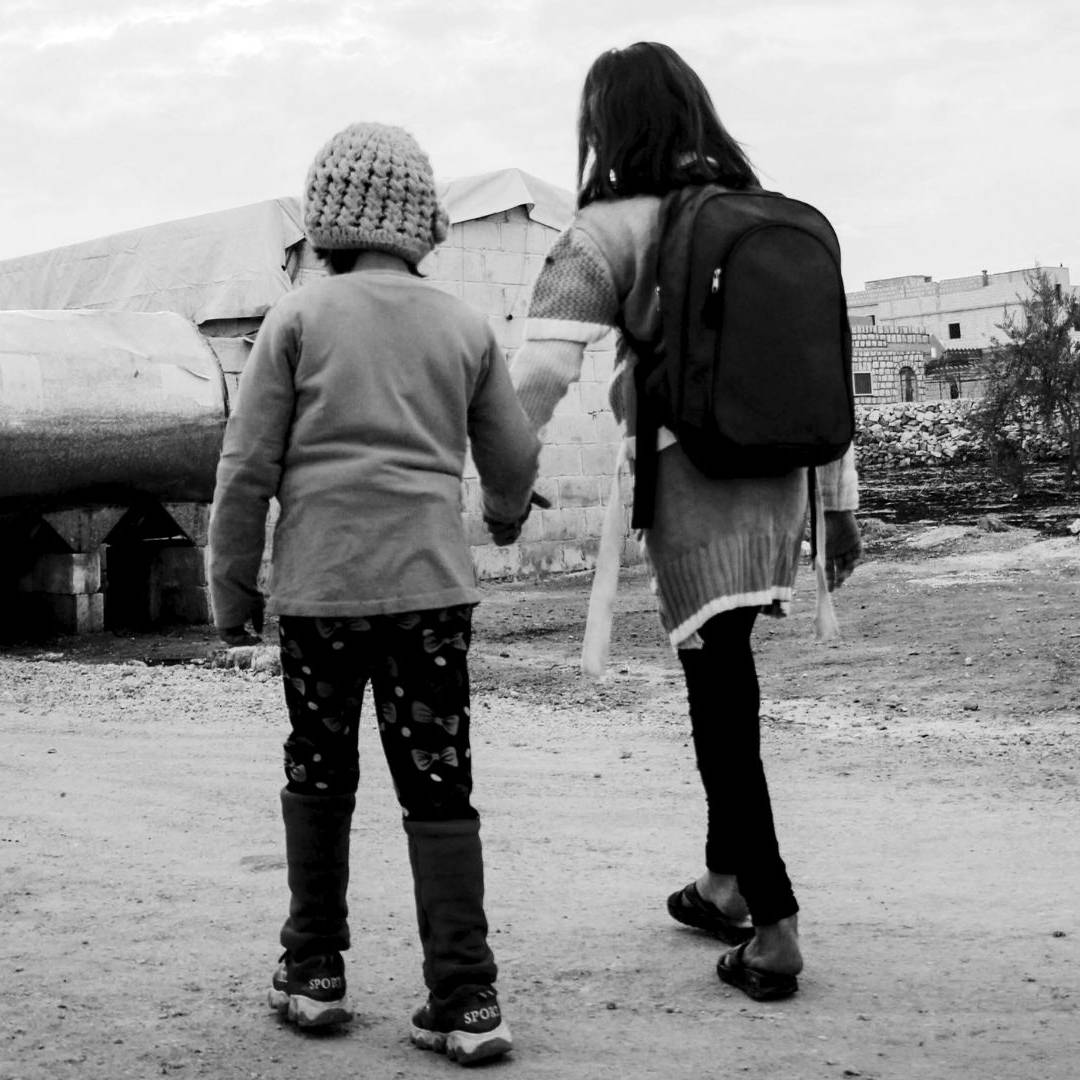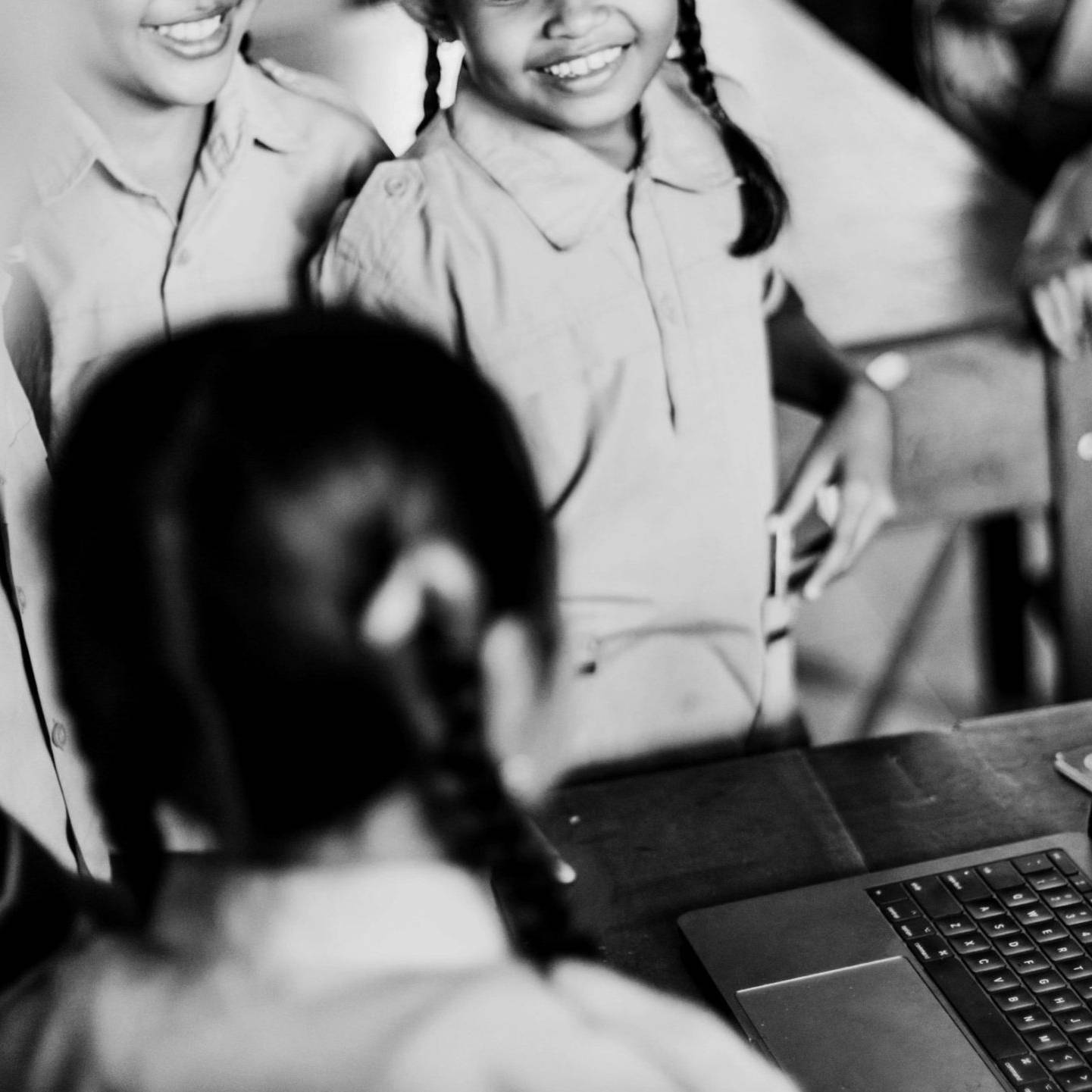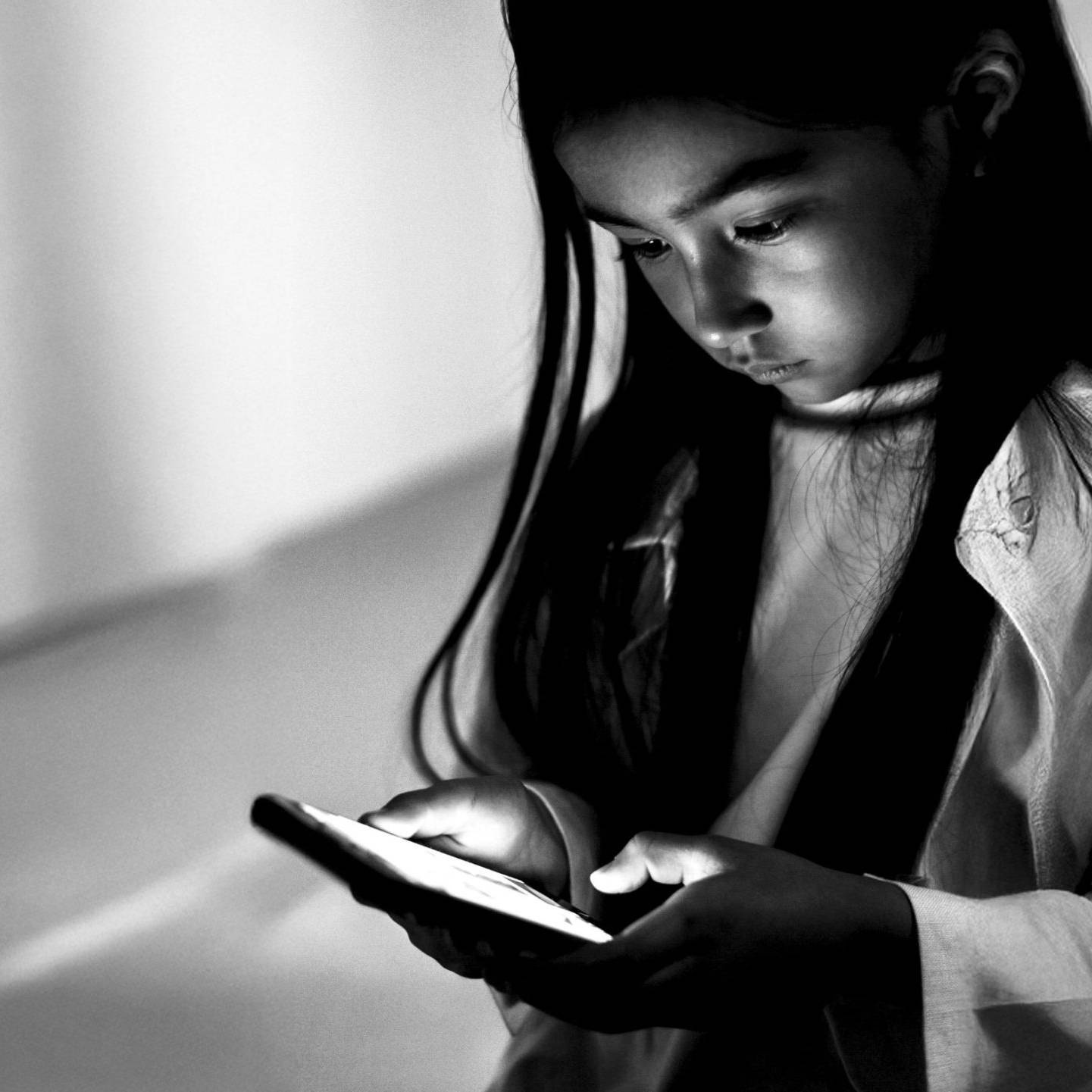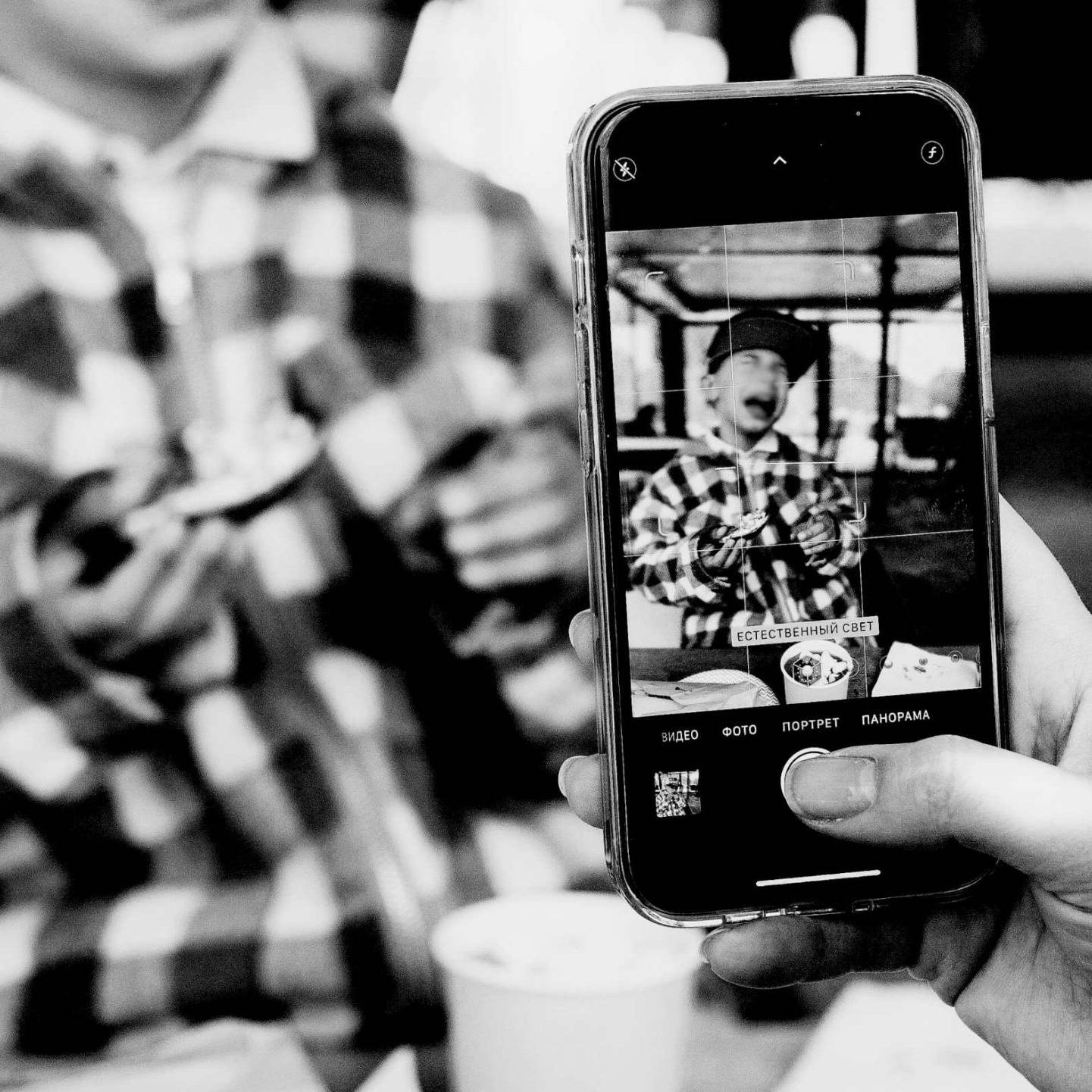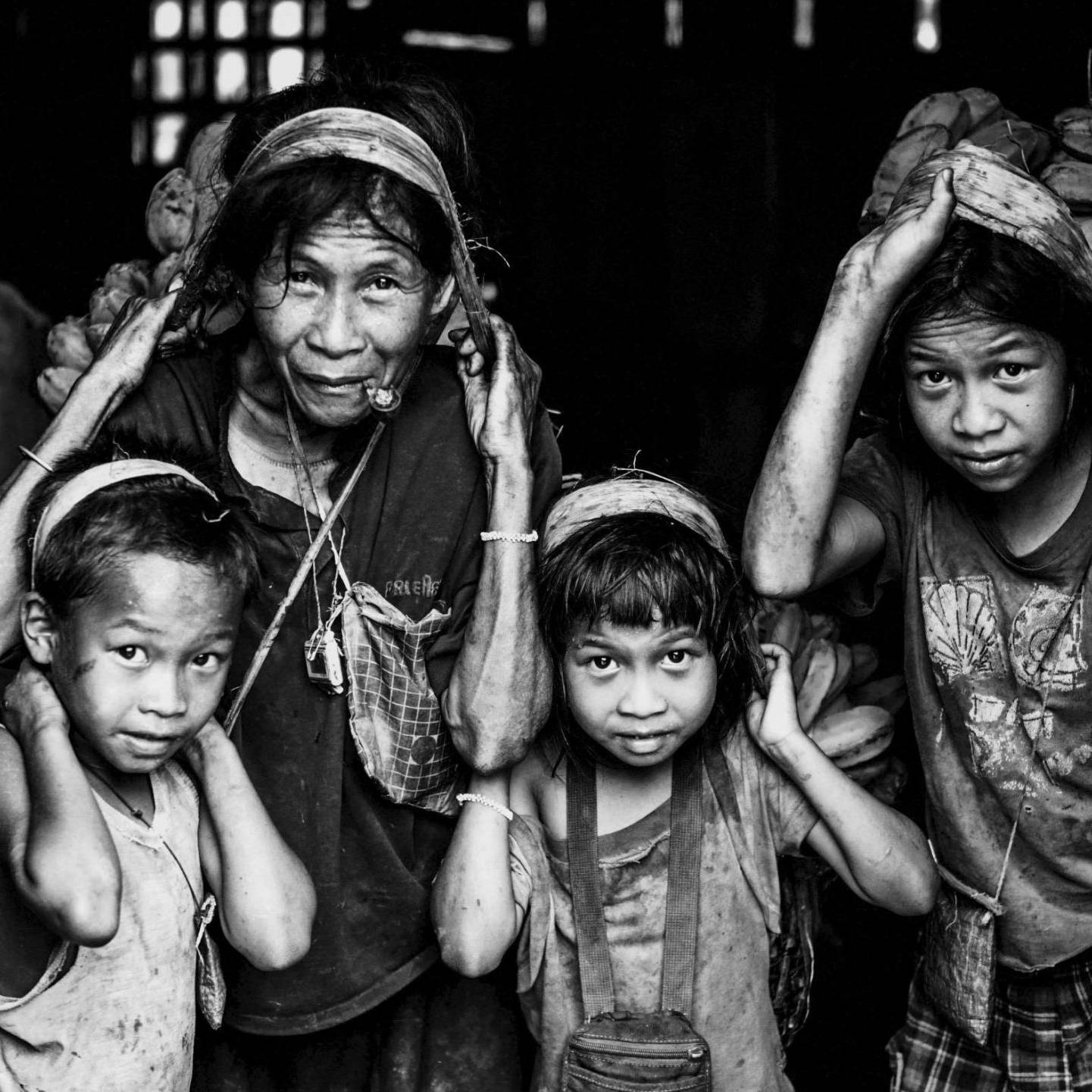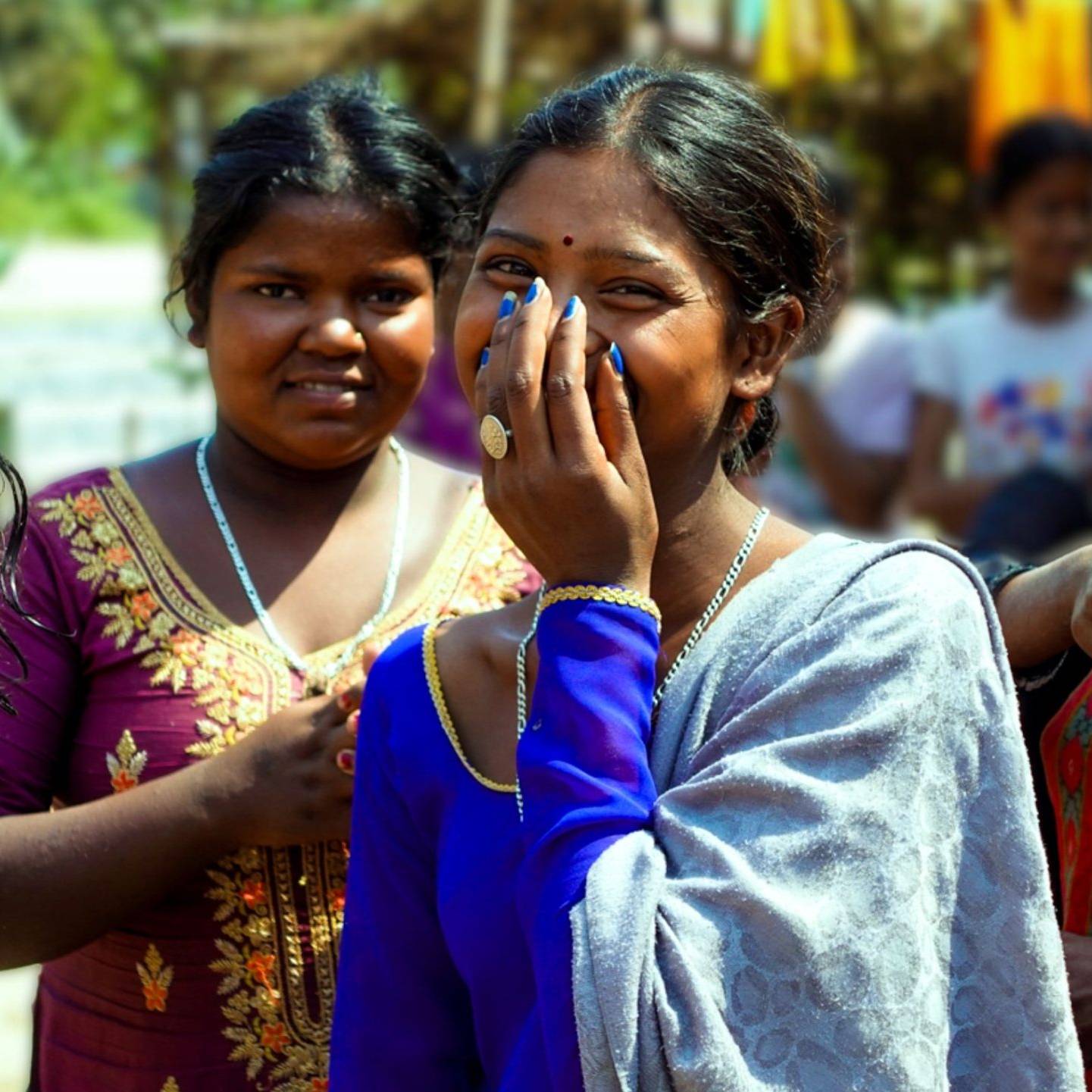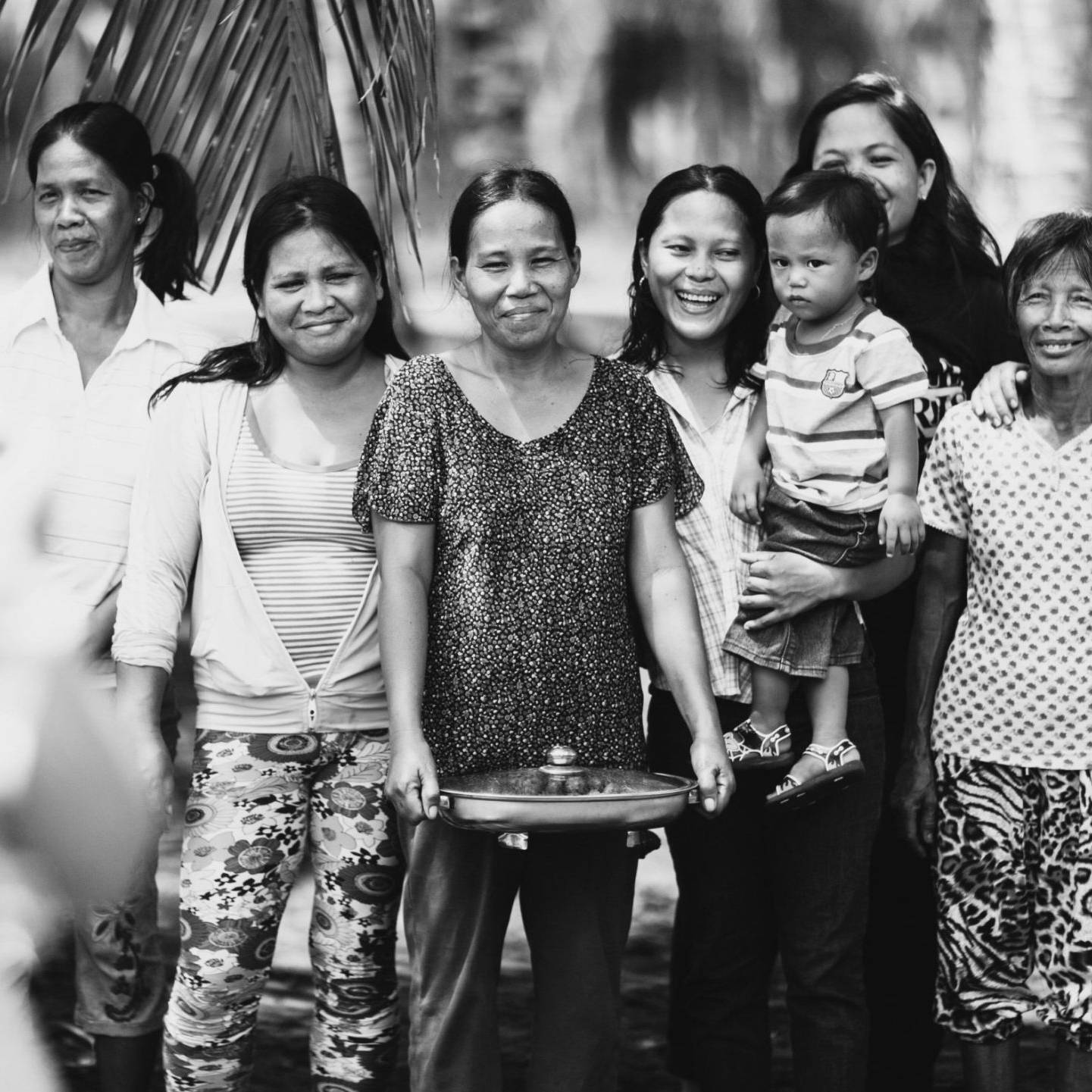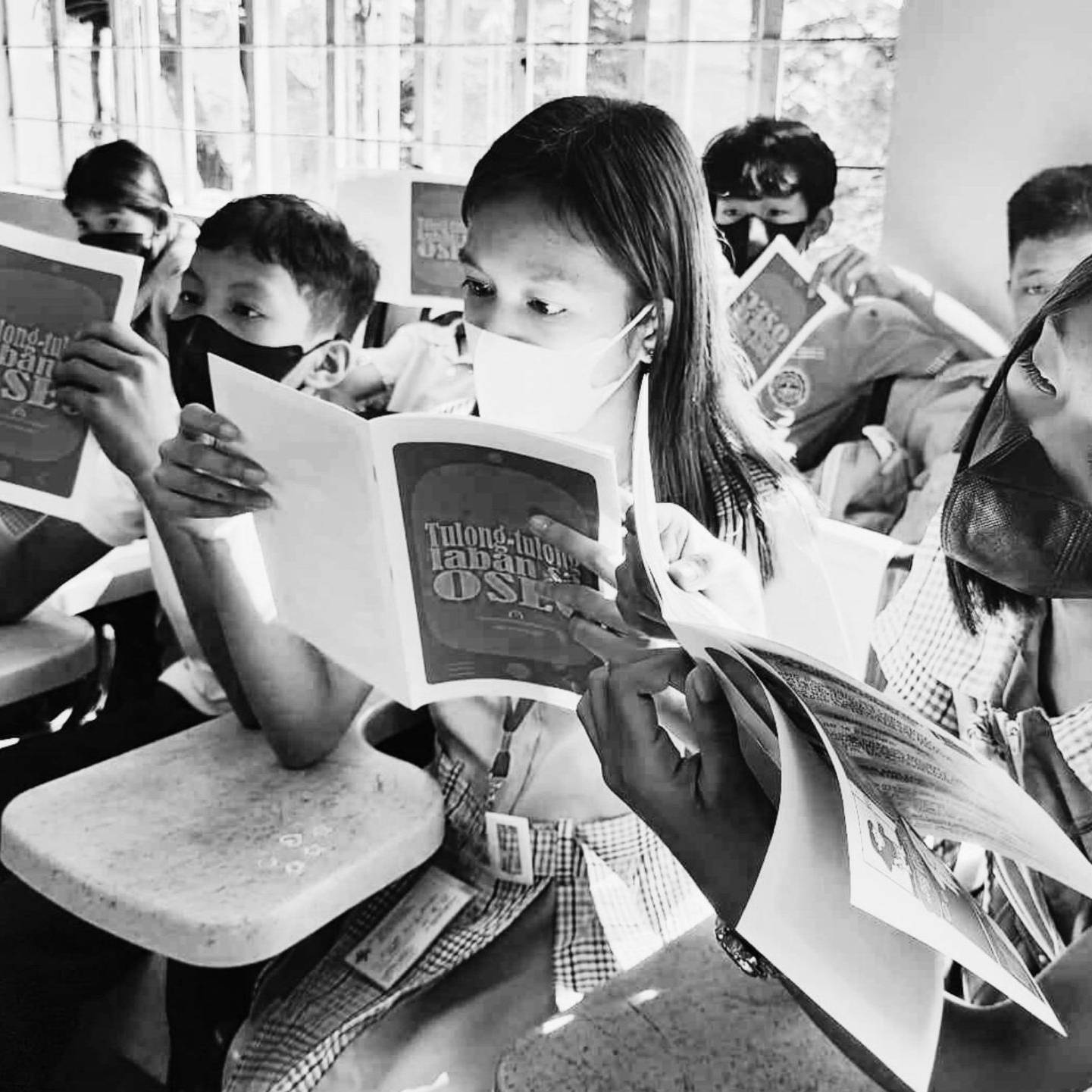For many survivors, escape is only the beginning. They face the challenge of overcoming deep psychological wounds, reclaiming their identity, and finding safety and belonging in a world that once betrayed them. Support systems play a crucial role in helping survivors navigate recovery—offering hope, justice, and the chance to thrive beyond survival because trauma can manifest in different ways. Some work hard to get past this, while others stay wounded for a long time. It’s not their fault, and we believe in the transformative power of community and empathy.
In this article, we will share with you the lives of our beneficiaries after human trafficking, and what it is that they need to move forward in their lives.
What is Human Trafficking?
Human trafficking is the crime of coercing or forcing human beings to perform sexual, criminal, or any form of labor for the perpetrator’s sole profit. Anyone could be a victim, but criminals typically target those who are in a position of financial or emotional vulnerability to easily manipulate them into submission. Many countries are silently suffering from this since a lot of those operate in organized crime.
One of those countries is Nepal, with 1.5 million at risk of trafficking, as estimated by Nepal’s National Human Rights Commission. Young girls from small villages are typically lured unwillingly in the adult entertainment sector. The middlemen are often not strangers to the victim; they could be their own family, relative, or fellow villager—further highlighting the systematic problem brought about by poverty.
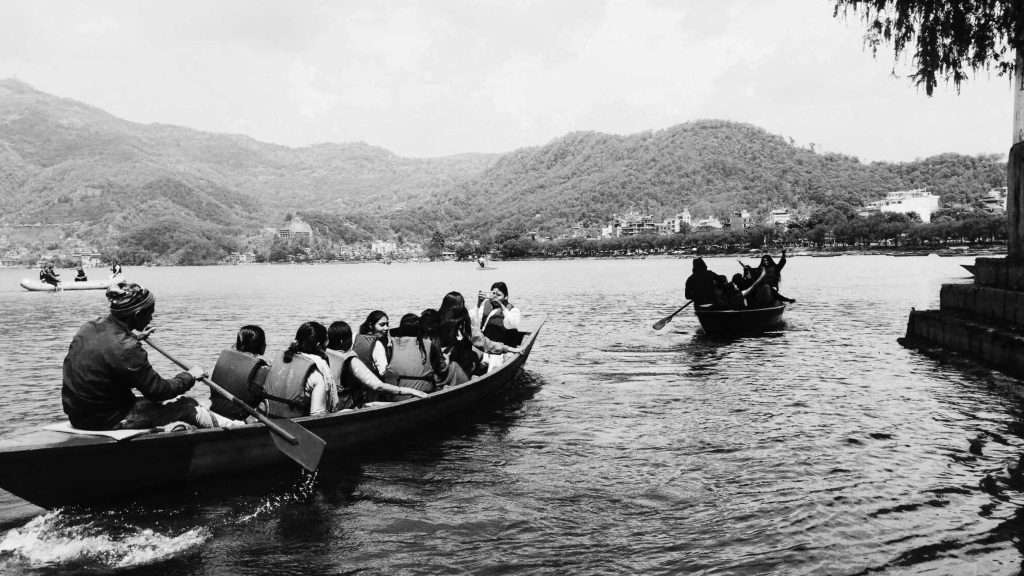
What happens to Victims After Trafficking
In our work, we have encountered hundreds (if not thousands) of victims on a daily basis, and we have the privilege to see them work past their trauma and thrive as individuals. We share with you Aasha and Rashmi’s stories.
Aasha’s Story
In 2023, we sponsored 3 Angels Community Radio, a radio program in Nepal that shares stories of empowerment after human trafficking. One of the guests was Aasha, who shared her experience in trafficking and her life afterward (all in a span of twelve years!
She grew up in a traditional Nepali home that does not believe women must also participate in school. Even though she dreamed of pursuing her academics, her father strongly disagreed, and Aasha’s desire to attend school led to household tensions. She was only twelve years old then, and while this was happening, she worked in other people’s houses to help her family’s financial status. There, she experienced sexual assault which her mother blamed her for instead of seeking justice and protecting her.
Fortunately, we rescued her and provided her with a safe place to stay in our shelter in Pokhara. We ensured her safety and helped her gain access to her dream of schooling. She also underwent counseling and we provided her with sufficient information to easily spot red flags that may lead to sexual violence or human trafficking.
Now, 12 years later, she is married with a stable source of income. She discovered her fondness for cultivating vegetables, which was made possible by our My Business-My Freedom Microfinance program. Like Aasha, we love hearing stories of Women whose lives were ultimately impacted by Captivating International. Stories like hers will help inspire other women to ask for our help and improve their quality of life. There is nothing more heartwarming than witnessing women inspiring other women through our help.
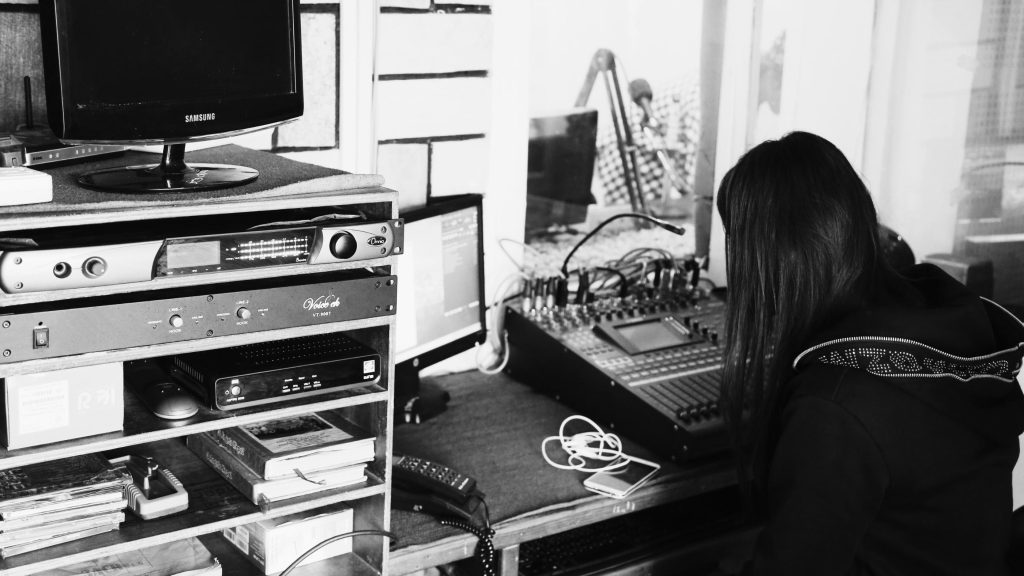
Rashmi’s Story
Rashmi is a mother who has high hopes for her daughter. She knows how difficult life can be as a woman alone in a country like Nepal, let alone being an impoverished one. One day, she heard of an opportunity in Dubai as a labor worker and immediately worked on her application. It turned out, the plane she took was not bound for Dubai, but a place in Pokhara where she worked in a “Dohori Sanjh” as a dancer.
Feeling powerless, Rashmi accepted her fate and did what was told. After all, a job is a job, right? Not too long after, she noticed that it was not a job, but a human trafficking situation. She experienced various levels of physical and sexual torture, on top of never receiving her salary. The only thing she received was meals and accommodation.
She reached out to our organization for help after hearing of our efforts to rescue women like her. A month later, we found and rescued her, giving her the chance to live a normal life away from the working conditions she was subjected to.
What does her “normal life” look like now? Well, it’s simple. Her big dreams for her daughter turned out to be not too far off. One of our projects includes supporting Nepali girls’ education, because we believe in empowerment through education. Her daughter was enrolled there while she, too, was educated about human trafficking, so it would not happen again. Slowly, Rashmi built her life one day at a time.
These two women approached their lives differently, but with their own kinds of empowerment. What do they have in common? They continued living life and pursuing their dreams!
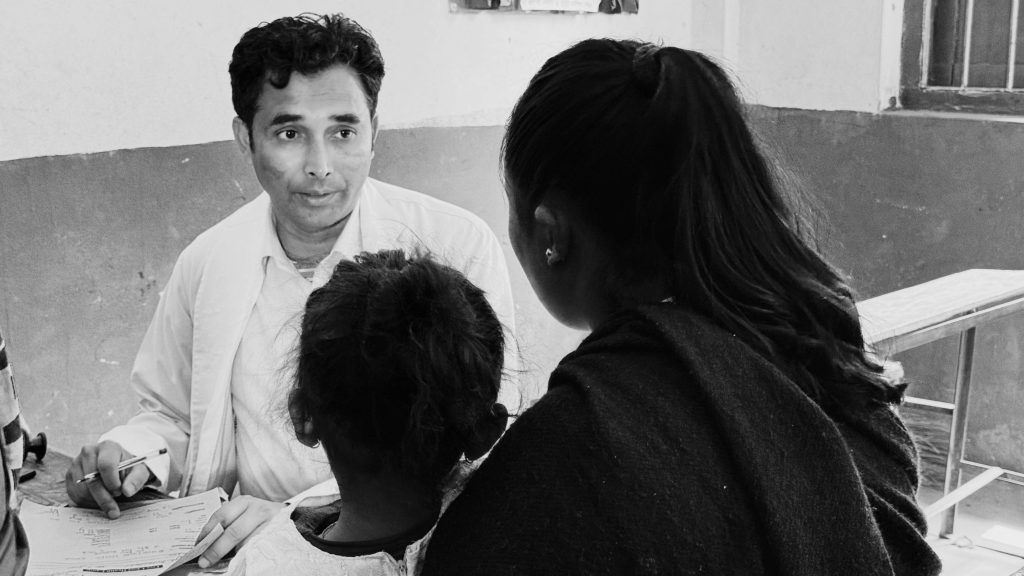
What Survivors Need
What happens after a life-altering event like this? How do survivors get back on their feet?
1. Safety and Stability
Safety and stability may look different for everyone. To some, safety may simply mean going back home, while to others it could mean confinement in a separate, safe space. But in a nutshell, safety and stability could come in the form of:
- Secure housing
A safe, long-term shelter could prevent the victim from being reached by their perpetrators and provide a room for them to heal and recuperate. - Legal protection
There is no peace when there is no justice and accountability, and the victim must feel safe enough to know that their perpetrator will not come for them or anyone again. Giving them access to legal services could help them close a difficult chapter in their lives. This could also help empower them and gain trust in society again. - Financial support
This is crucial in providing stability. Immediate aid like food and transportation is a good start, but long-term economic support is much more important.
Our Women’s Safe Haven and Vocational Center checks all these boxes when handling human-trafficking-related cases. Upon rescue, we send them to our safe house in Pokhara, where they will be supported for legal action if they decide to push forward. When they are all healed, we sponsor them upon going back home.
2. Medical and Psychological Care
- Physical healthcare
A person could never fully heal if they are in physical discomfort. Many survivors suffer from untreated injuries, chronic illness, or reproductive health issues that they may have acquired during exploitation. Those who come to our Safe Haven are treated for their physical injuries before counseling. - Trauma-informed mental health support
Half of human trafficking survivors undergo PTSD. Some undergo anxiety, depression, and develop other psychological disorders. In some cultures, victims of abuse are cruelly looked down upon due to systemic gender discrimination and a culture of victim-blaming. Counseling for their trauma and shame is critical in helping them slowly get back on their feet and rejoin society.
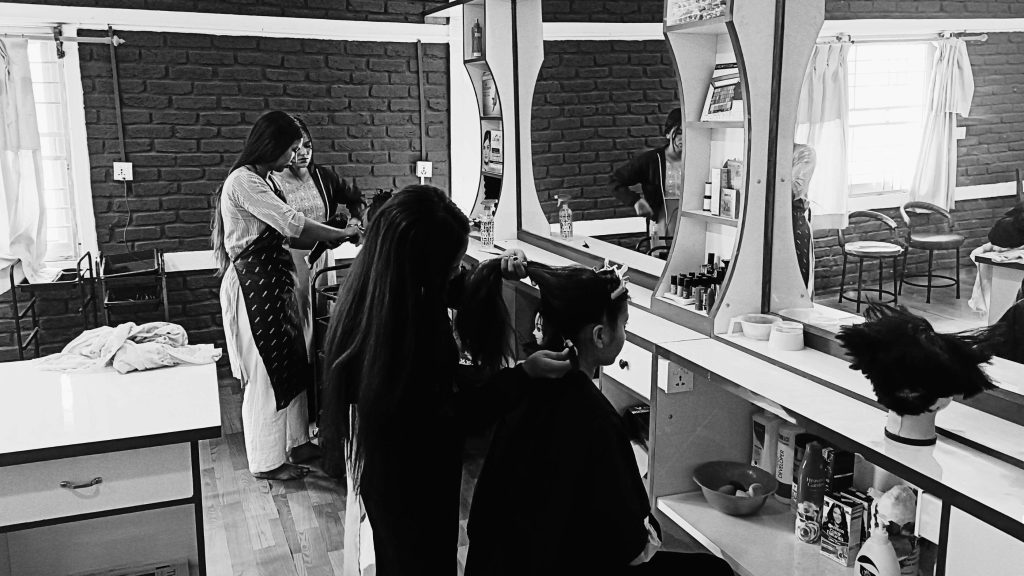
3. Education and Skills Training
- Basic literacy and education
Some survivors became vulnerable because they missed out on formal schooling. Providing them with formal or alternative education, like our Captivating Village Development Program would help them improve their minds and chances of good employment. - Vocational training
As our survivors heal in our Safe Haven, they are provided with a vocational training course to increase their chances of employability. We are attuned to the needs of local communities, so we provide training for sewing, basic cosmetology, computer literacy, and more. - Financial literacy
No matter what social class one is in, financial literacy could help maximize the benefits of one’s paycheck through budgeting, saving, basic banking, and potential investments.
4. Employment and Economic Opportunities
- Job placement programs
Some nonprofit organizations help survivors by training and employing them directly, or with partners that run a social enterprise. This is to ensure that the survivors will thrive in safe, non-exploitative workplaces. - Microfinance or small business support
Entrepreneurship is a form of empowerment, and our program, My Business My Freedom, is for those who want to start their businesses. The first step is to join a women’s group in their local community. There, the survivor will learn about financial literacy, entrepreneurship, and self-empowerment with like-minded women. When they are ready to start their own business, they will secure a microloan for their starting capital and entrepreneurial guidance along their journey.
5. Community and Social Support
Community is important in healing, and this could exist in various forms depending on the survivor. They could reconnect with family, if safe and appropriate, or participate in peer support groups to talk to others with similar experiences.
6. Empowerment and Voice
Some survivors find healing by becoming advocates like Aasha—those who wear their experience as a badge instead of shamefully burying their experiences in the past. They may also take advantage of leadership opportunities to help shape policies or programs that affect them.
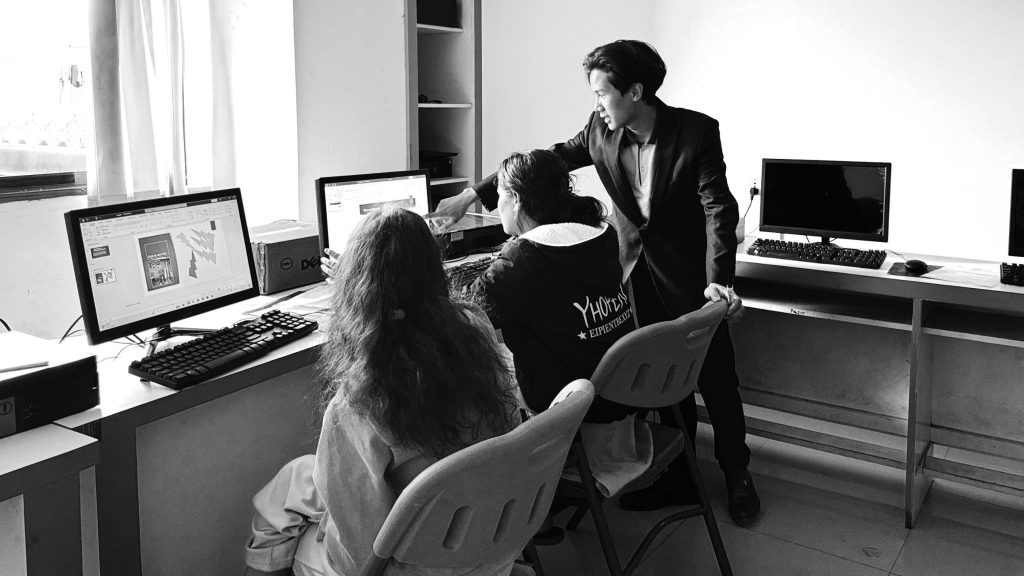
Conclusion
In essence, survivors of human trafficking need long-term, holistic support — not just rescue or short-term aid. While the latter is helpful, this kind of experience could haunt a person for years, if not decades. Recovery isn’t linear, and it takes time. What they need are compassion, resources, and rights-based support. Through these, survivors can build strong, fulfilling lives away from the nightmare that they experienced. Helping them is a tangible way of saying, “You matter, and your past does not need to define who you are.”
If you would like to help out victims of human trafficking, you may donate to our sustainable efforts for rebuilding survivors’ lives and preventing future victims here.
DID YOU KNOW?
26 January 2026
Child Criminal Exploitation: What It Is, Why It Happens, and How To Help
Child criminal exploitation traps vulnerable children in trafficking, scams, and crime,…
0 Comments10 Minutes
20 January 2026
The Reality of Orphans in Nepal
In Nepal, orphaned children face high risks of exploitation and trafficking due to…
0 Comments8 Minutes
10 December 2025
Fighting OSAEC: Policies, Global Leaders, and What More Countries Can Do
OSAEC is rising worldwide, and here’s what we can learn: strong laws, tech…
0 Comments14 Minutes
3 October 2025
Suspicious? Here are OSAEC Red Flags To Look Out For
Online child safety matters: learn how to spot OSAEC red flags, protect kids from…
0 Comments13 Minutes
4 September 2025
“Harmless” Posting? You Could Be Risking Children’s Online Safety
Some posts can put kids at risk. Protect children from OSAEC by keeping accounts private,…
0 Comments11 Minutes
5 August 2025
What Is Child Exploitation? Definition, Types, and How To Help.
Child exploitation takes many forms: sexual, criminal, labor, online. Learn the signs and…
0 Comments9 Minutes
11 June 2025
Simply Captivating: Our 2024 Impact Report
In 2024, your support directly impacted 12,000+ lives across Nepal, China & the…
0 Comments10 Minutes
8 March 2025
Happy Women’s Day! Now What?
International Women’s Day is more than a day—it’s a movement for equality. Let’s educate,…
0 Comments11 Minutes
10 February 2025
What Is OSAEC in the Philippines?
Online Sexual Abuse & Exploitation of Children in the Philippines is a growing crisis,…
0 Comments8 Minutes
